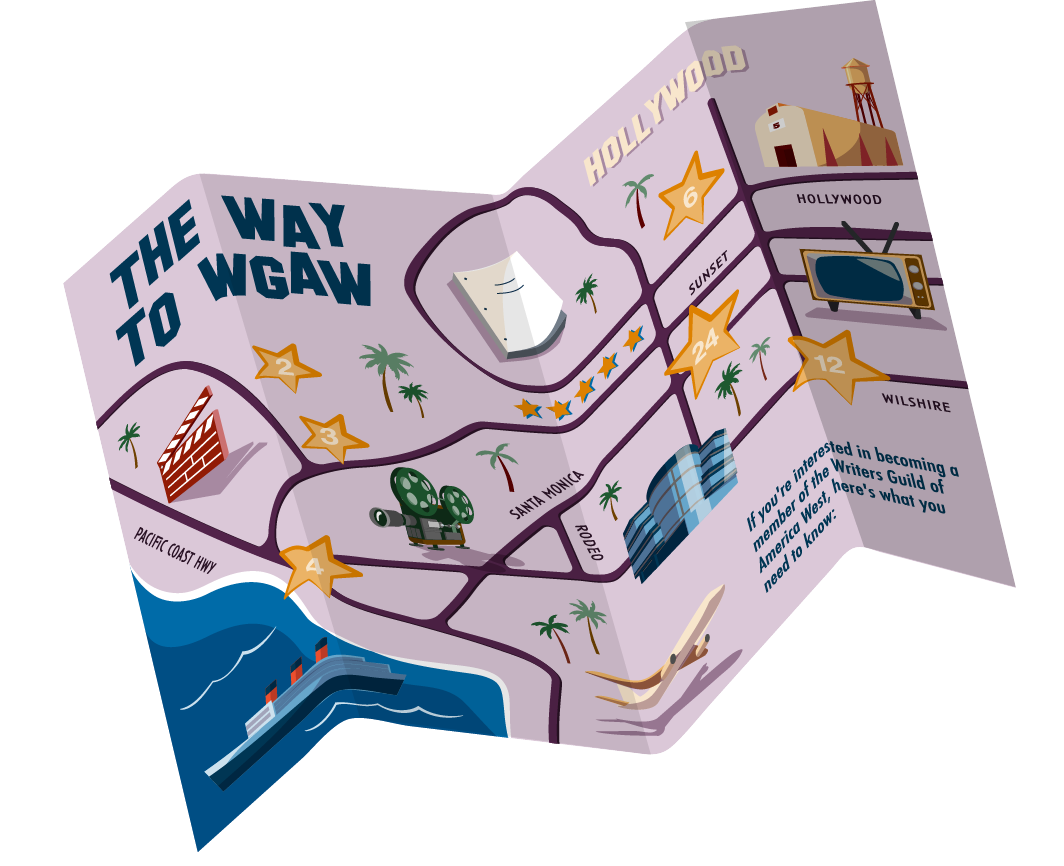Members
During the 1980s, various European countries adopted laws imposing levies on blank cassettes (and later DVDs) and recording equipment, which were intended to compensate the "authors," of motion pictures and television programs exhibited in each country. Some countries also imposed levies on cable retransmissions and video rentals. Under the relevant copyright regimes and other foreign laws, writers and directors are considered to be authors of such audiovisual works.
During the 1980s, various European countries adopted laws imposing levies on blank cassettes (and later DVDs) and recording equipment, which were intended to compensate the "authors" of motion pictures and television programs exhibited in each country. Some countries also imposed levies on cable retransmissions and video rentals. Under the relevant copyright regimes and other foreign laws, writers and directors are considered to be authors of such audiovisual works.
Originally, the major Hollywood studios, represented by the Motion Picture Association of America (MPAA), asserted that they were the sole "authors" of the films and television programs that they had produced and were therefore entitled to receive 100% of the foreign levies. The studios based this position on U.S. copyright law—notably, the "work for hire" doctrine under which employers are deemed to be authors of certain works—as well as on the “assignment” and “results and proceeds” clauses found in most personal services contracts with writers and directors.
In 1988, the WGAW and DGA challenged the studios' claim to these funds, arguing that writers and directors were “authors” under foreign law and thus entitled to the authors' share of the foreign levies. Ultimately, the guilds and studios agreed to resolve their dispute over foreign levies. On June 1, 1990, they entered into the first Foreign Levy Agreement (“FLA”), which provided for the allocation of the authors' share of foreign levies among writers, directors and the studios.
The FLA specified that a certain percentage of the "author's share" of the foreign levies collected on films and television programs would be distributed to the WGAW and DGA, on behalf of the individual writers and directors they represented. The guilds and the companies also agreed, based upon a condition initially imposed by the German patent office, that the American guilds would distribute levies collected for all U.S. writers and directors regardless of whether they were union members or whether the work in question was covered by a collective bargaining agreement. Following the resolution of the dispute between the guilds and the MPAA companies, the Guilds entered into comparable agreements with representatives of independent producers and distributors. The portion of the combined authors’ share the WGAW has obtained under the FLA has increased over time from 15% to 50%.
In addition to bargaining over the FLA, the WGAW has also spent considerable time and resources negotiating representation agreements with the foreign collection societies. At the present time, WGAW has concluded agreements with societies in 19 European countries, one Latin American country (Argentina) and one in Asia (Japan). The WGAW monitors the collection and distribution of foreign levies by all these societies to ensure that the payments to writers are consistent with the obligations of the societies to U.S. "authors" under the terms of the representation agreements.
To date, the WGAW has disbursed over $327 million in foreign levies, including almost $49 million to non-members and beneficiaries.





